Prepper community swells amid COVID and panic buying
When the average person hears “prepper”, they think bunkers, guns and tin foil hats. But, triggered partly by COVID-19, the community is growing and attracting lots of everyday Queenslanders.
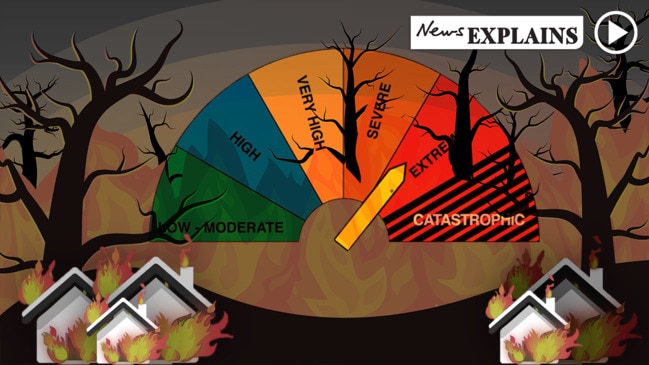
QWeekend
Don't miss out on the headlines from QWeekend. Followed categories will be added to My News.
Until last year, becoming a survivalist, or a “prepper” – someone who is always prepared for a large-scale disaster – might have seemed a very fringe activity.
But, accelerated by the COVID-19 outbreak, the movement towards self-reliance is gathering momentum, and collecting more everyday people along the way.
While some preppers are readying themselves for doomsday scenarios, many are just ensuring they are prepared for when the next bushfire, flood or pandemic hits.
They are learning skills, stocking up on supplies, modifying their vehicles and packing go-bags so they can leave at a moment’s notice if – as the prepper community terms it – “shit hits the fan”.
They are also joining forces with other preppers, creating local meet-ups and online groups.
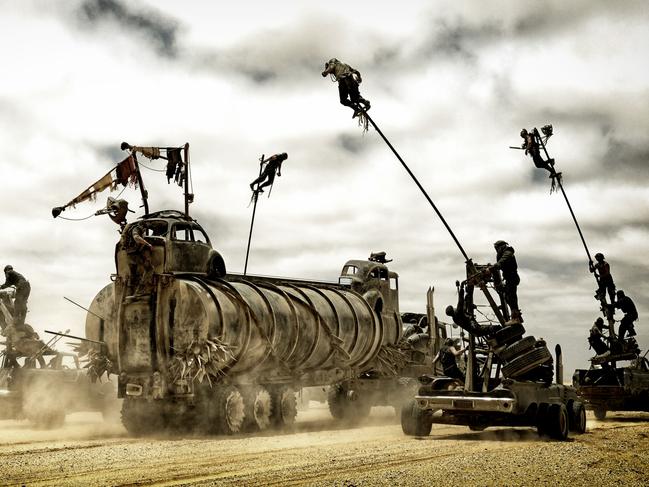
One Australian Facebook group has amassed 9000 members since it was set up as a personal page six years ago, with membership more than doubling in the past year.
Its founder, a Victorian plumber who prefers not to be named, says the coronavirus caused the recent influx of interest, however he does not consider it a prep-worthy event.
“The people who have joined prepping at the moment are not preppers, they are panickers,” he says.
The 58-year-old father is preparing for a potential war between civilians and the government but welcomes members with any scenario in mind.
The University of Queensland School of Psychology’s Professor Jolanda Jetten says COVID-19 lockdowns have encouraged a lot of people to engage in some level of prepping, even if they do not call it that.
“It’s a normal reaction,” she says. “Psychologically it makes perfect sense – it’s about being worried about the future and being ready for what’s coming and regaining that sense of control.
“It’s a clear sign of responding to an anxiety and stressor.”
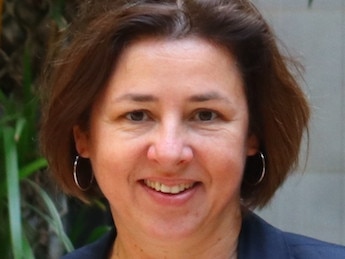
Logan man Shaughn Wright, 33, has been “of the prepping mindset” for about a decade but stepped up his game in the past couple of years, even beginning to write an “idiot’s guide to surviving stuff”.
“I’ve been a prepper since I became a parent,” the Crestmead father says. “I always had concerns … but I never really cared until I had kids.”
Wright has a daughter, 11, who lives with her mother and two stepsons, 11 and 8, who he raises with his partner Lindsay Spicer.
In case they ever need to flee their home, he has created “bug-out kits” with the supplies they may require between home and their “bug-out location”, “bug-out” a slang term for hasty retreat.
“(It’s) a general emergency kit (with things like) a multi-tool, plastic bag, rope, beanie, poncho, soap, whistle, emergency blanket, fire starter, bandana, batteries, torch, compass, wood shaving compressed into a little Kinder Surprise (capsule), and there is a carabiner in there as well,” he says.
Well before the COVID-19 pandemic, Wright had also purchased a gas mask, stocked up on canned food and seeds, and was learning skills that he believes will be in high demand if “things go bad”.
“We used to live somewhere that had potential to be flooded out and cut off so that was when I went ‘right, food is going to be an issue’ and started buying excess food’,” he says.
“(I also have seeds for) cherry tomatoes, roma tomatoes, normal tomatoes, black Russian tomatoes (because) you never know, something might prevent one species of plant from growing so maybe a different one might (grow).”
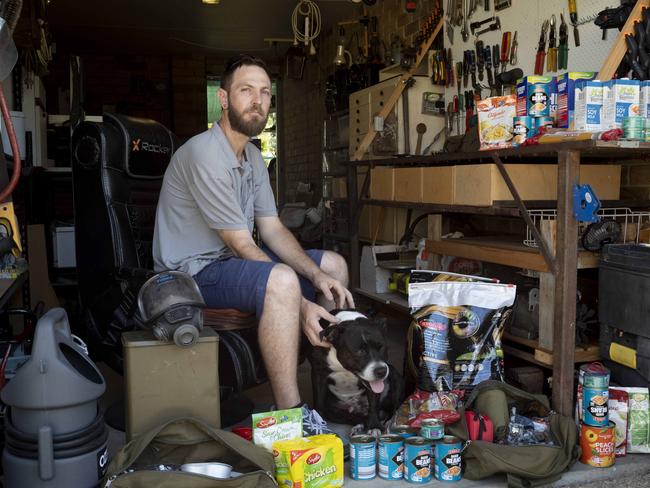
He has taught himself how to create mud bricks, forge metal and brew mead for bartering.
“Lots of people are going to want alcohol when things go bad,” he says. “I have had my time as an alcoholic, been there done that.
“With mead, you make it like beer and store it like wine and the same process to make mead can be used to make plain, unflavoured alcohol for cleaning.”
“I’ve got a lot of concern,” he says. “(I’m prepping for) conflict between global powers and mostly stuff that is out of my control.
“I can’t control if the power grid fails because of a storm, I can’t control whether or not my family can afford petrol … climate change, economic crisis like another Great Depression, something like that.”
“I look at (Australia’s response to COVID-19) as a practice for a more severe outbreak.
“(Australia) obviously did well otherwise it would be much worse than it is but as a species we definitely failed.”
Wright believes the average person has become more accepting of preppers since the pandemic. He says he has “converted” a few people to his way of thinking over the years, including his partner.
“The way I see it, things are either going to go bad or they won’t, and I would rather be prepared and wrong than wrong and dead,” he says. “Prepare for the worst, hope for the best and expect something in the middle.”
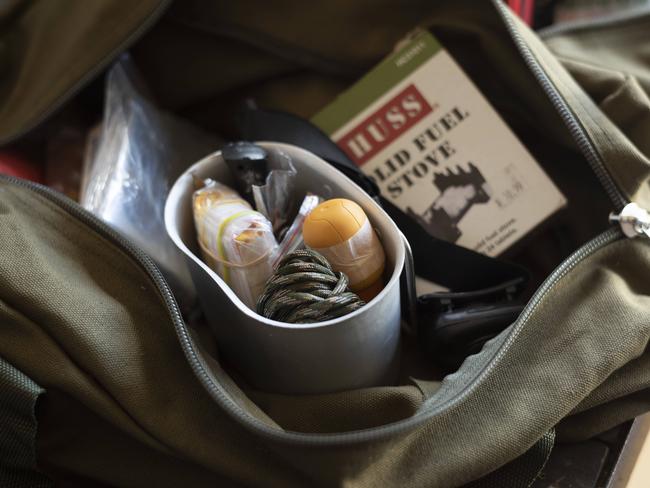
Other Queensland-based preppers include an inner-Brisbane woman in her 50s who grew up in Wellington, New Zealand, and doesn’t wish to be named.
“We had been taught for a very long time you should have five days’ worth of food, water, torches, radios and stuff like that because we lived in an earthquake zone,” she says.
“I have got friends still in New Zealand who have the same mentality as myself: we don’t class ourselves as preppers, just being prepared for whatever happens. It’s logical.”
The self-proclaimed “closet prepper” put her forward thinking to use during the 2008 Queensland Storms, which devastated The Gap where she was living at the time.
She and her son were out of power for four days and while most of her neighbours drained the batteries on their mobile phones, she plugged in her landline.
“A lot of people in our area had no way of cooking or heating water or anything like that but I did because I had my camping gas stove,” she says.
“I went around to all my neighbours to say ‘Come use my phone to ring your insurance company’ so by the time the power had come on, they all had their insurance sorted because they had come around for coffee.”
She had also been living in Mt Nebo when fires threatened the area and her household was told to evacuate. Being preppers, they had a plan and were able to quickly pack up their belongings, chickens and ducks.
“They gave us an hour’s notice and said they would like everybody to start evacuating and we did it in 45 minutes,” she says.
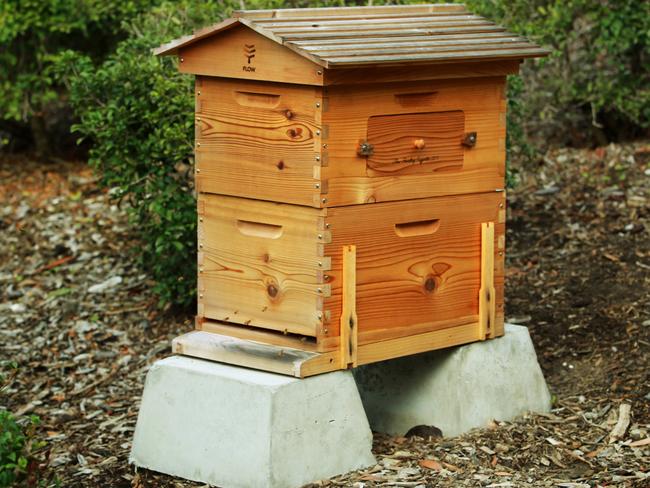
She says her concerns are focused on natural disasters rather than political upheaval, but she is prepared for anything. She stores water, cans her own food, keeps bees, and has learned skills ranging from soap-making and cheesemaking to archery.
“I have probably got six months’ worth of food, “ she says. “I make soups, pasta sauces, chicken broths and I’ve had a go at making sauerkraut and homemade baked beans.”
She says her bees supply her with honey for emergency wound care as well as wax for lip balms and food wraps.
Meanwhile, her son is teaching her to shoot with a bow and arrow.
“Him going to Scouts was really good, I learned heaps,” she laughs.
“If shit hits the fan, I would be able to put up a tent, start a fire, cook over a campfire. I would miss airconditioning but hopefully it happens in winter.”
Another member of the prepper community is a Brisbane northside mechanic in his 30s who believes skills are more valuable than money in a major crisis. The self-styled “practical prepper” has a “get-home bag” in his modified four-wheel-drive and the ability to get by without relying on technology or other people.
“You get people who are just so absorbed in their career or whatever they are doing that they have no other skills and they are the ones that are going to drop off first,” he says.
“Go and do a first aid course, go to these camping and bush craft shows, buy a book on how to tie knots or watch YouTube videos on how to cut wood and start a fire.
“I did Boy Scouts so at seven years old I learnt how to tie knots and I still remember today.”
He carries three days’ worth of supplies wherever he goes – from freeze-dried food to a LifeStraw (personal water filter) that allows him to drink creek water – and has identified locations outside of Brisbane for meeting up with his prepper friends in an emergency.
“I carry stuff with me that I think could be used both in an urban environment and if we need to go off-grid, such as charging equipment for electronics and paper maps because you can’t rely on your phone,” he says.
The father of one has turned his four-wheel-drive into a “bug out vehicle” that can serve as a temporary home and can carry more than 300L of fuel, giving him 1500km of range.
“It is not the flashiest thing ever built but it’s cost effective and I know exactly what goes wrong, how to fix it, I’ve got all the spares – I can basically fix it on the side of the road,” he says.
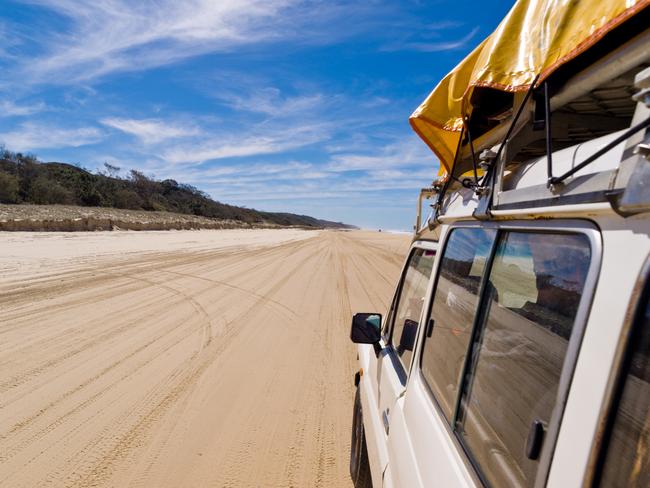
Another vehicle he has modified for a client has only minimal electric parts, making it easy to maintain if a mechanic is not readily available. They have also stored spare parts in secure locations.
“You have got to build something reliable and that can run on any fuel. If need be, you could make it run on methylated spirits or kerosene,” he says.
“People might say ‘I need to store insulin’ so we can install multiple batteries, charging systems and solar panels, so they can run a fridge 24/7.”
He puts $50 a fortnight towards his prepping and says everyone’s prep is going to look different, depending on their needs and what they believe might happen.
He knows of people who keep electronics in lead safes in case a man-made EMP (electromagnetic pulse) causes electronic systems failures; who take half doses of medications so they can stockpile for the future; and who store large amounts of cash outside of banks, but he does not do any of that.
He believes his skills will be his most valuable asset.
“I’m no Bear Grylls but I am the average Joe and I think I should be all right, so why can’t everyone else take a little bit of time to prepare?” he asks.
“When the shit hits the fan, there will be a lot of people who have zero clue and they are the ones that are going to cause dramas.
“It comes back to the Boy Scouts: Be Prepared.”




